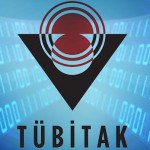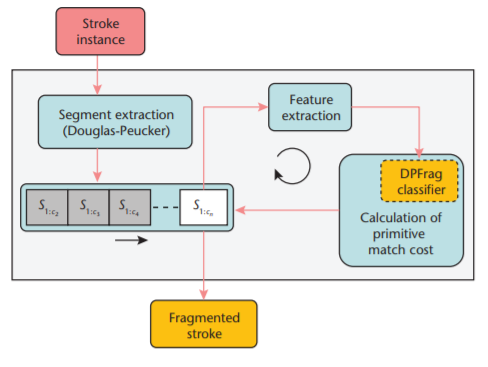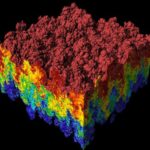 Dr. Sezgin presented the Lab’s work on formative assessment at the The ASC-Inclusion final project review meeting in Luxembourg.
Dr. Sezgin presented the Lab’s work on formative assessment at the The ASC-Inclusion final project review meeting in Luxembourg.
Category: News
TUBITAK Award
 Dr. Sezgin has been awarded a TUBITAK 1003 Grant. The grant will support research in development and evaluation of pen-based intelligent user interfaces for eLearning in the context of the FATIH initiative. Of hundreds of initial proposals submitted to the 1003 call, only 67 made it past the first round, and only nine were eventually funded at the end of the second round reviews.
Dr. Sezgin has been awarded a TUBITAK 1003 Grant. The grant will support research in development and evaluation of pen-based intelligent user interfaces for eLearning in the context of the FATIH initiative. Of hundreds of initial proposals submitted to the 1003 call, only 67 made it past the first round, and only nine were eventually funded at the end of the second round reviews.
New Publication in Computer Physics Communications
DPFrag: Trainable Stroke Fragmentation Based on Dynamic Programming

Many computer graphics applications must fragment freehand curves into sets of prespecified geometric primitives. For example, sketch recognition typically converts hand-drawn strokes into line and arc segments and then combines these primitives into meaningful symbols for recognizing drawings. However, current fragmentation methods’ shortcomings make them impractical. For example, they require manual tuning, require excessive computational resources, or produce suboptimal solutions that rely on local decisions. DPFrag is an efficient, globally optimal fragmentation method that learns segmentation parameters from data and produces fragmentations by combining primitive recognizers in a dynamic-programming framework. The fragmentation is fast and doesn’t require laborious and tedious parameter tuning. In experiments, it beat state-of-the-art methods on standard databases with only a handful of labeled examples.
Authors: R. Sinan Tümen and T. Metin Sezgin
